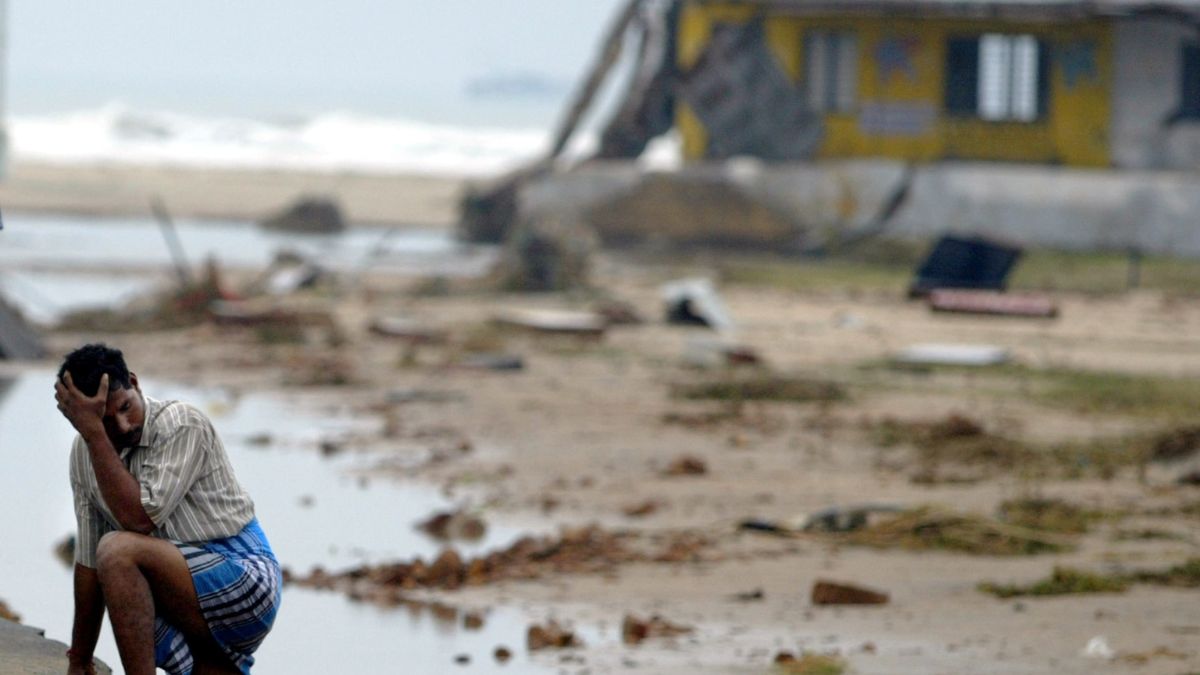

BreakPoint
A Crisis of Character
Harvard Business School recently invited me to give a lecture on ethics. It was a very liberal gesture on their part, in view of the fact that I had written a number of articles that Harvard might consider quite impertinent. In them I had argued that it's impossible to teach ethics at Harvard. But I accepted the invitation. And, because this subject is so critical, over the next two weeks I'll will be sharing with you some of the things I told those students at Harvard. The faculty at Harvard University is concerned about a decline of ethics in the professional world. And rightly so. Just think of a few of the scandals that have hit page one in recent years: the Savings & Loans fiasco, with executives squandering depositors' money on high-flying deals and then leaving taxpayers to pick up the bill; the "Keating Five" of U.S. senators, whose dereliction made the S&L debacle possible; a Cabinet member, Mike Espy—forced to resign from the Clinton administration over questionable business dealings; Webster Hubbell, once the third-ranking official of the Justice Department and Mrs. Clinton's former law partner, forced to resign because he overcharged clients and lied to the IRS. In one recent year, the Department of Justice announced that it had convicted 1,150 public officials, the highest number in history. The Justice Department boasted about it. Even academia is infected. A Georgetown University professor filed a fraudulent application for a federal grant. The president of Stanford University used federal grant money on personal expenses, including seven thousand dollars for customized bed linens. And among athletes, role models for millions of kids, it's the same story: Tonya Harding, her skating career ruined because of a criminal attempt to disable her opponent in pre-Olympic trials. Baseball legends addicted to gambling, boxers addicted to drugs, basketball players diseased by promiscuous sex. And street crime is on the increase. America has more of its population in prison than any other country. When Prison Fellowship began 18 years ago, the United States was number three in the world in the rate of incarceration, trailing only the Soviet Union and South Africa. Today we are number one. What about religious leaders? Jim Bakker and Jimmy Swaggart were just the most notorious examples of those who have violated the most sacred trust of all: to speak for God and to serve people in spiritual need. Why this massive breakdown in ethical standards? What we are witnessing is a general pattern in American life. When Harvard University asked me to lecture on ethics, the suggested topic was "Why Good People Do Bad Things." I told Harvard that a better topic would be "Why Bad People Do Good Things." Our ethical crisis today is not a matter of some good people making mistakes. It's an illustration of the Christian truth that human nature is corrupted—and that when people lose something bigger than themselves to guide their behavior, society has no restraints to keep evil in check. Sin becomes epidemic. In this series on ethics, I'll explain how we got into the mess we're in—and how we can get out. And why Harvard can't teach ethics.
01/17/95















